Along with the parish church and post office, country pubs were once the pillarstones of almost every rural Aberdeenshire community.
Even some of the smallest hamlets had a watering hole where men and women would put the world to rights over a few drinks.
Function suites would host parties, community groups and weddings, while the bars would keep regulars topped up with their favourite tipples.
But the cosy and rural settings that gave many of these country pubs their unique charm would ultimately be their downfall.
These laws were vital in saving lives, but popularised drinking at home.
The rise in supermarkets and the availability of alcohol there made the thought of a taxi to the pub less appealing.
For many landlords, the smoking ban and increasing taxi fares saw customers dwindle further.
As Hogmanay approaches, we take a wee trip down memory lane to visit five pubs which once thrived in Aberdeenshire, but now no longer exist.
Pub 1: The Fjord Inn, Fisherford, ‘where sheep outnumber humans’
As far as country pubs go, it didn’t get much more rural than the Fjord Inn at Fisherford.
There was great excitement in the hamlet when farmer Bill Shearer traded ploughing for pulling pints in 1973.
Bill took it upon himself to build a pub not far from Rothienorman, in a location the Press and Journal reported at the time as “out in the middle of nowhere”.
The feature on the newly-opened inn said it was “off the beaten track where sheep outnumber the humans easily”.
And added: “Even a man who has sold Bibles in the Kremlin would begin to back away.”
But Bill simply grinned when asked “why on earth he put his oasis in such a desert”.
Two years before, he had taken over the general store next door, and customers would often ask if he fancied opening a pub too.
Having previously run the Station Hotel in Gartly, it wasn’t the most absurd proposition.
And with “enthusiasm and initiative on his side”, Bill did the bulk of building himself, with a little help from his friends, and constructed his own country pub.
A busy man, Bill showed the P&J reporter around in between his other jobs – driving the school bus and delivering school meals.
He said: “There is no other public house in the district and the locals are all keyed up about this one opening up.
“It’s a big event in a wee hamlet like this. Everybody is welcome, but I expect many of our regulars will be farmers.
“This is the sort of place they’ll come in and speak about their stirks, deals with tractors, or how their crops are growing.”
The public bar had a homely atmosphere, complete with darts team, but there was to be no “muddy tackety boots” in the plush lounge.
And the directions to get there involved the kind of local knowledge lost to the smartphone generation.
There was no GPS back then. Northbound callers were told to “turn right at Colpy off the Inverurie Road; left at Drum of Wartle Garage, Wartle, or left at Badenscoth Shop, Rothienorman”.
When you got there, Mr Shearer, his wife Eileen, and three daughters awaited with “true north-east hospitality”.
The Fjord Inn was a true country pub with community at its heart, and went on to become an award-winning restaurant, but has since closed down.
Pub 2: The Lodge Hotel, Old Rayne, due for demolition after 150 years
The Lodge Hotel has been the gateway to the community of Old Rayne since at least 1870.
But after more than 150 years, the handsome building is due to be torn down.
Once a thriving spot just off the A96, the hotel has gone to wrack and ruin, and been at the centre of a planning wrangle in recent years.
Now Aberdeenshire Council has approved a building warrant to allow its demolition.
Built in the 1800s, it was originally believed to have been the home of Dr Patrick Mitchell, his wife Janet, their children, and servants.
But everyone best knows the premises as The Lodge – a hotel, pub, restaurant and function suite with views towards Bennachie.
In its heyday, the public bar was popular with locals, while many community groups and families made use of the function room for celebrations.
In December 1976, the swanky extension of The Lodge’s public bar was unveiled in a double-page spread in the P&J.
Siblings Leith, Bryan and Mary Stuart had taken on the ownership of the hotel the previous year.
A number of local contractors were used, like Huntly electrician RW Bagrie, Insch builders Mansell Watson and Hay’s of Inverurie who provided the lemonade.
The report said the occasion was “a red letter day in the lives of Old Rayne folk” as the bar had tripled in size.
To be known as the Lourin Bar, after the village’s famous Lourin Fair, the revamp saw it decorated in “modern and tasteful” shades of green.
With its 20ft extension came a new pool table, a one-armed bandit and new toilets.
The report went on to explain how the hotel attracted “a tremendous amount of passing trade in the summer”.
But in winter, any Casanovas would have been glad to know “snow enhances it with a rather picturesque Christmas card aura and the hotel holds a certain charming appeal for romancers who want to have a cosy winter-lude dinner on a cold starlit night”.
Like many country pubs, The Lodge suffered a loss of trade and it closed in 2008.
It has been on the market but failed to find a buyer and will now be knocked down to make way for housing.
Pub 3: Mam Doo’s, Gartly, home of great pints and friendly chickens
The Station Hotel in Gartly was a country pub better known to locals as Mam Doo’s after the formidable landlady Lizzie Dow.
It was the sort of place folk would remember going to, but had some difficulty remembering ever leaving…
Like many communities, the arrival of the railway brought demand for accommodation, and the Station Hotel opened.
A close community, the hotel and pub was at the heart of it, just a stone’s throw from the station, and just across the road from the shop and post office.
In the 1880s, The Station Hotel was run by James Dow and his wife. He ran it for more than 40 years until his death in 1919.
A farm servant, then coachman, James Dow was so adept with a horse and carriage that his obituary said “he made many exciting journeys to the heart of the Cabrach during winter storms with only snow poles to guide him on the dangerous hill roads”.
His daughter Lizzie, better known as Mam Doo, took over the hotel with her husband, becoming somewhat of a living legend in the district.
Widowed when husband John Reynolds died in 1923, Lizzie continued running the hotel herself.
When she died in 1955 aged 89, her funeral was held at the Station Hotel.
The hotel went on the open market, leaving the family for the first time in at least 75 years.
But Lizzie’s legacy continued as the premises were known as Mam Doo’s well into the ’70s.
The country pub was a popular spot on a Sunday afternoon when the bars in Huntly closed, and folk would come from far and wide for a pint and steak.
And some former punters might remember the resident friendly chickens.
One cheeky chook, Susie, was known to wander about the community, and even made the front page of the P&J in 1973.
By the late ’80s, and into the turn of the 21st Century, Jim and Pat Ross were running the hotel and even opened a caravan site on waste ground behind it.
But Mam Doos is no more, the building is now a home.
Pub 4: The Boar’s Head Inn, Kinmuck, one-time UK Pub of the Year
The first Campaign for Real Ale (CAMRA) pub of the year, the Boar’s Head Inn was an institution in Kinmuck, pulling in punters from the hamlet and Keithhall district for decades.
Kinmuck is derived from the Gaelic for ‘boar’s head’ and is named after an ancient battle tradition of slaying a wild boar.
But most people will associate the name with the former pub, once a haven for real ale fans.
From the 1950s to ’70s, it was a place to go for music and entertainment on Friday and Saturday nights.
But in the 1980s, it made headlines for uniquely showcasing real ale from across Britain.
Pub patrons sampled ales from the length and breadth of the country without ever having to leave the cosy fireside in Kinmuck.
The whistlestop, taste bud tour of breweries was the ingenious idea of then landlord Stuart Singer.
At the request of a customer he started taking in cask-conditioned beer.
Regulars then began drinking their way around the breweries of Britain over the course of five years.
When they reached the milestone 99 real ales supped in 1988, Stuart commissioned a Biggar brewery to create a special batch of Boar’s Head Centenary Ale to be the 100th tipple.
And it was a double celebration that November, as the Boar’s Head was crowned Scottish Pub of the Year by CAMRA.
After being pitted against four English pubs, the Boar’s Head then took home the national title of CAMRA’s UK Pub of the Year.
It continued to run as a country pub and restaurant through the ’90s and into the 21st Century.
In 2008, a P&J reviewer described the Boar’s Head as a traditional and beautiful pub, and “little gem hidden away in the countryside”.
With its exposed brick walls, fireplace and original stained glass it was the very epitome of a country pub.
But it was also the venue for legendary Halloween fancy dress discos.
In 2013, the pub underwent a radical transformation when it became the Boar’s Head Tandoori and became a popular Indian restaurant.
But despite fantastic food and initiatives including running taxis from Inverurie to Kinmuck, the tandoori closed.
The Boar’s Head has since undergone its last transformation and been converted into a house.
Pub 5: Allargue Arms, Bridgend, Corgarff, one of the UK’s highest drinking holes
Picture the scene: smoke rises from the chimneys of a remote pub which sits against the backdrop of the Cairngorms blanketed in snow, inside groups of stranded skiers sit huddled around a fire with drinks.
No, not the plot of a Mills and Boon novel, but the Allargue Arms at Corgarff.
The rural pub was a popular pitstop and refuge for weary travellers, skiers, hillwalkers and locals for more than 150 years.
Nestled at the bottom of the steep Lecht on the banks of the River Don with views across to Corgarff Castle, the Allargue Arms must have been one of Aberdeenshire’s most picturesque country pubs.
During the 19th Century, one of the longest-established balls in Strathdon used to take place annually at the Allargue Arms on Old Yule Day – January 5.
Said to be the highest hotel in Britain at the time, it was a popular stop for motorists in the early 20th Century as they pootled their way to the Highlands.
In 1907, one particularly keen writer from London said when travelling between Cockbridge and Tomintoul “the air can only be compared with champagne”.
It was this proximity to the hills that made it popular with shooting parties, and the Allargue Arms itself hosted an annual clay pigeon shoot, which was still going strong in 1989.
But this also had its pitfalls, in winter the snow in the area could see drifts of 30ft cut off the community for weeks on end.
In 1966, during a particularly bad winter, the Allargue Arms only had two guests in six weeks.
Its remote location also meant it wasn’t on mains electricity until 1979, and the owner had to battle through all weathers to top up the generator.
But its rural setting made it a lifeline for drivers.
As well as providing a sanctuary in inclement weather, it also had petrol pumps.
It was a refuelling stop for tourists, but in 1974 the larger petrol companies changed the distribution system meaning smaller outlets had to close.
Then-proprietor of the Allargue Arms, Archie Stuart, said during peak tourist season he’d sell 2000 gallons of petrol a month.
The pub came to the rescue again in 1984 when more than 100 skiers were stranded at the Lecht Ski Centre for three nights.
Sixty of them made it safely to the Allargue Arms where staff said they were in “good spirits”.
But it wasn’t the snow that saw the hotel’s demise.
A country pub where the majority of customers drove to get there struggled with drink-driving legislation.
And in 2010, a 10% increase in taxi fares was the final nail in the coffin.
Then landlord Euan Mackie said it would affect his customers who mostly travelled from Ballater, and that rural pubs were “staring into the abyss”.
The hotel traded at a loss for a number of years before it was turned into an outdoor education centre for Kelvinside Academy.
Do you have fond memories of any country pubs that are no longer with us? Email us with your suggestions.
More Past Times stories
Cheers over the years: 5 lost pubs and bars in Aberdeen
Remembering the Wimpy bars across the north-east and Highlands
Five long lost (and sometimes notorious) harbour pubs in Aberdeen
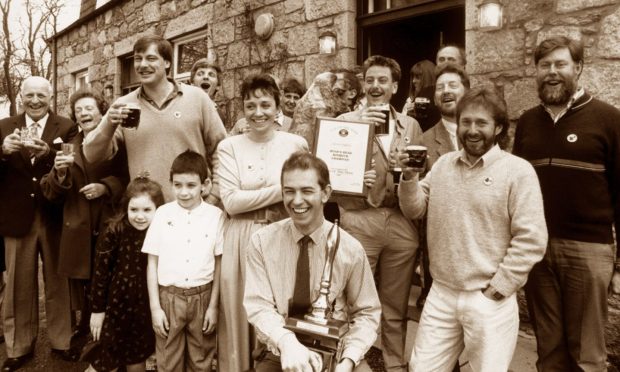
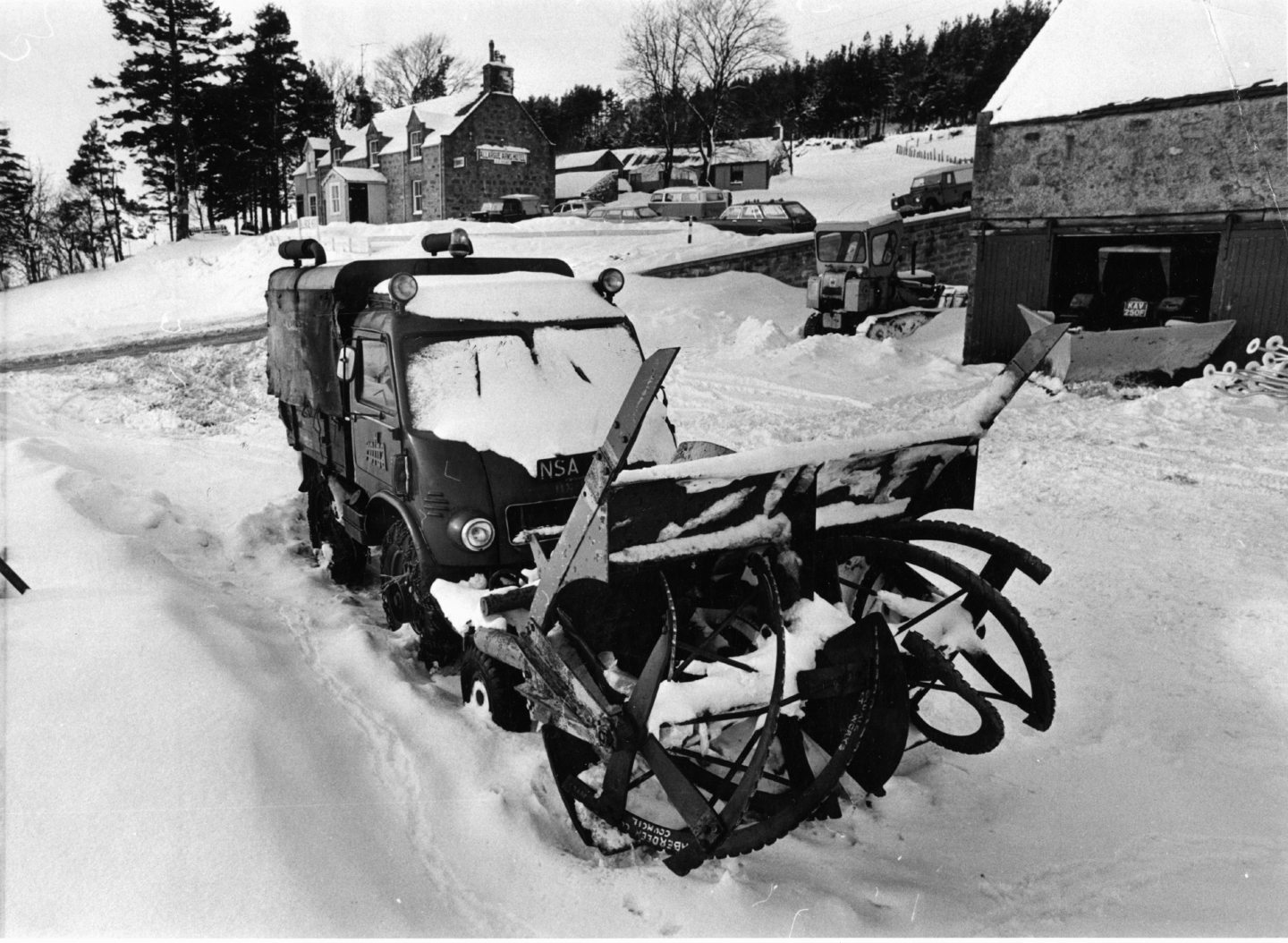
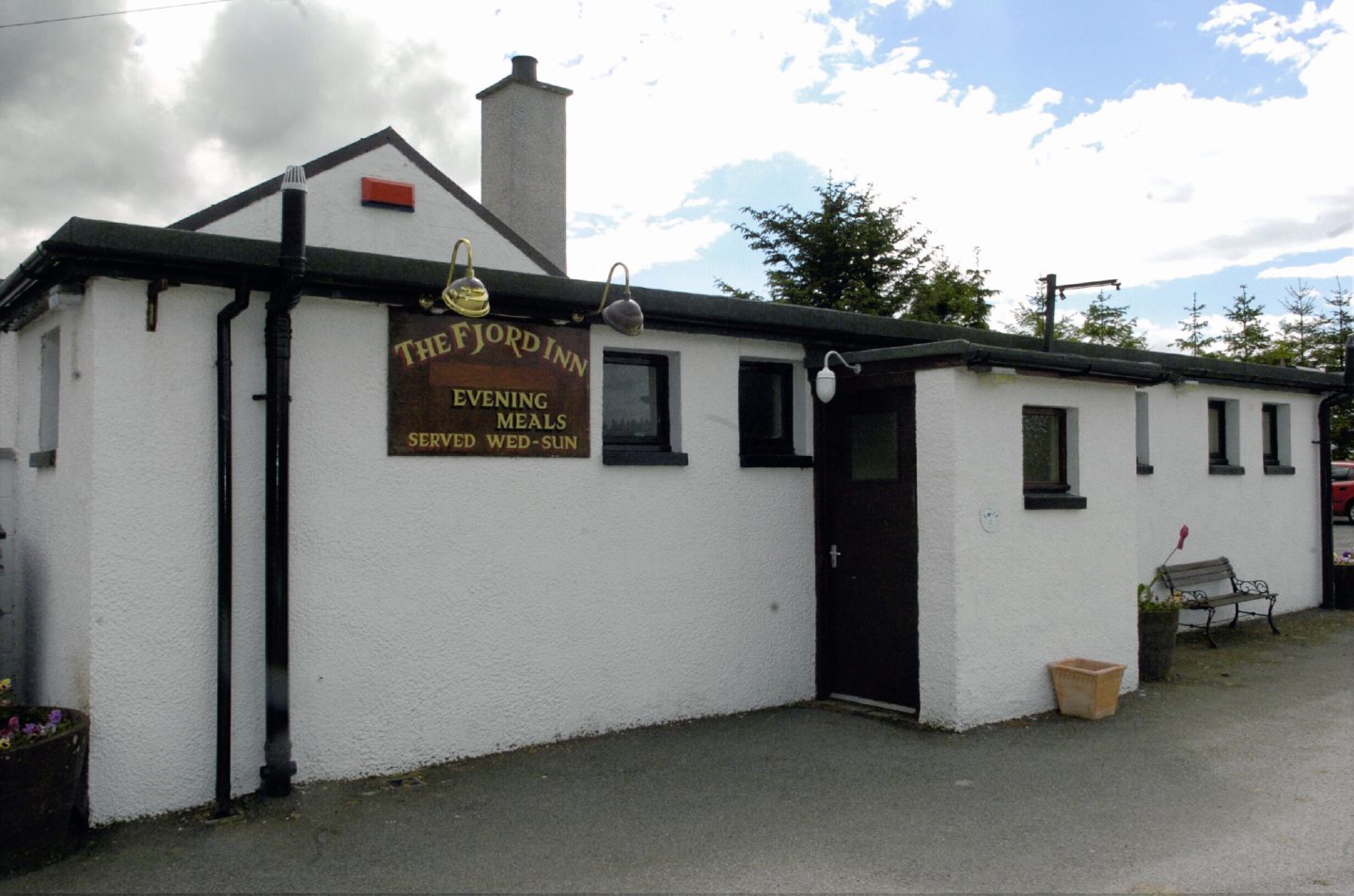
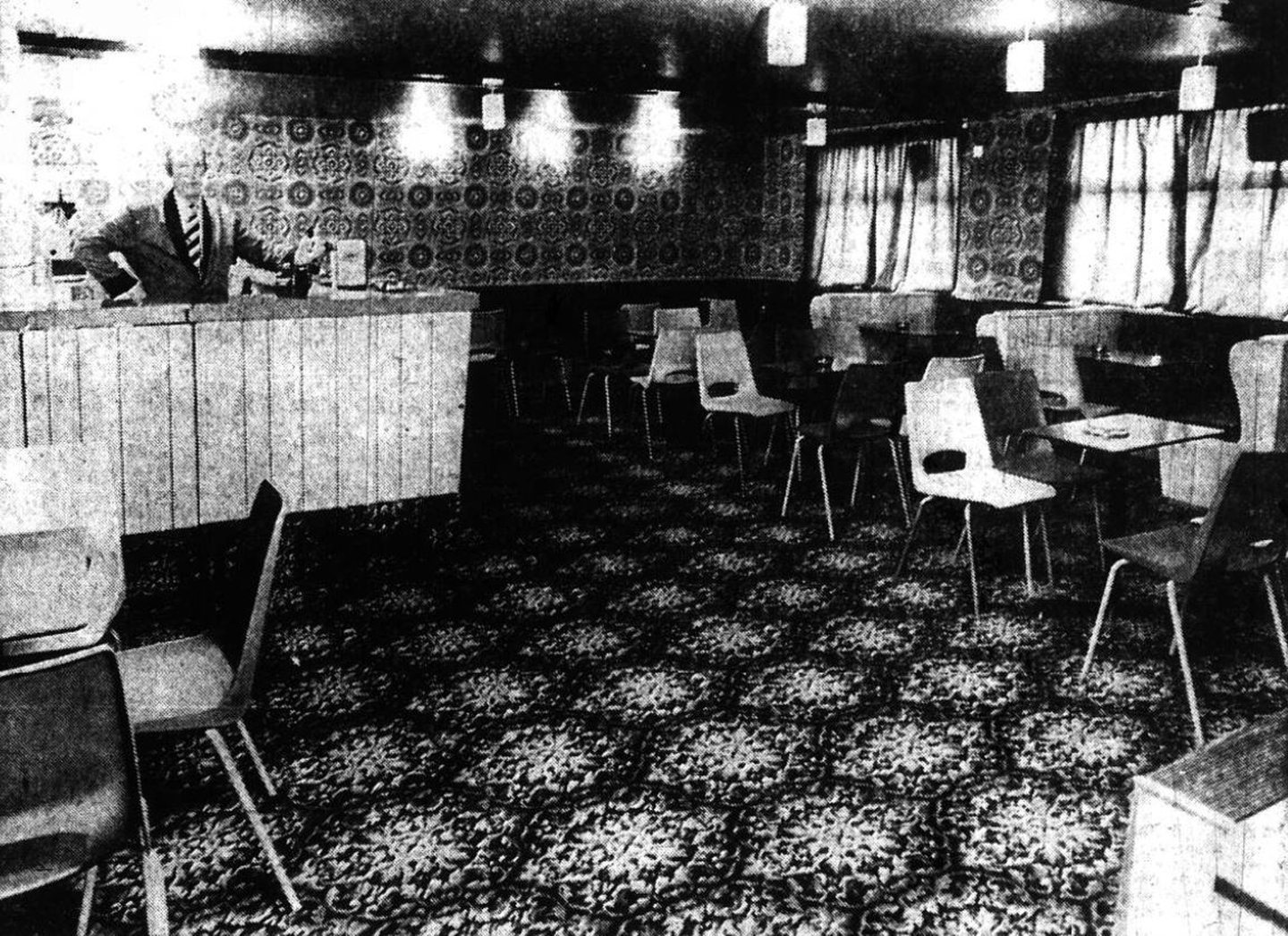
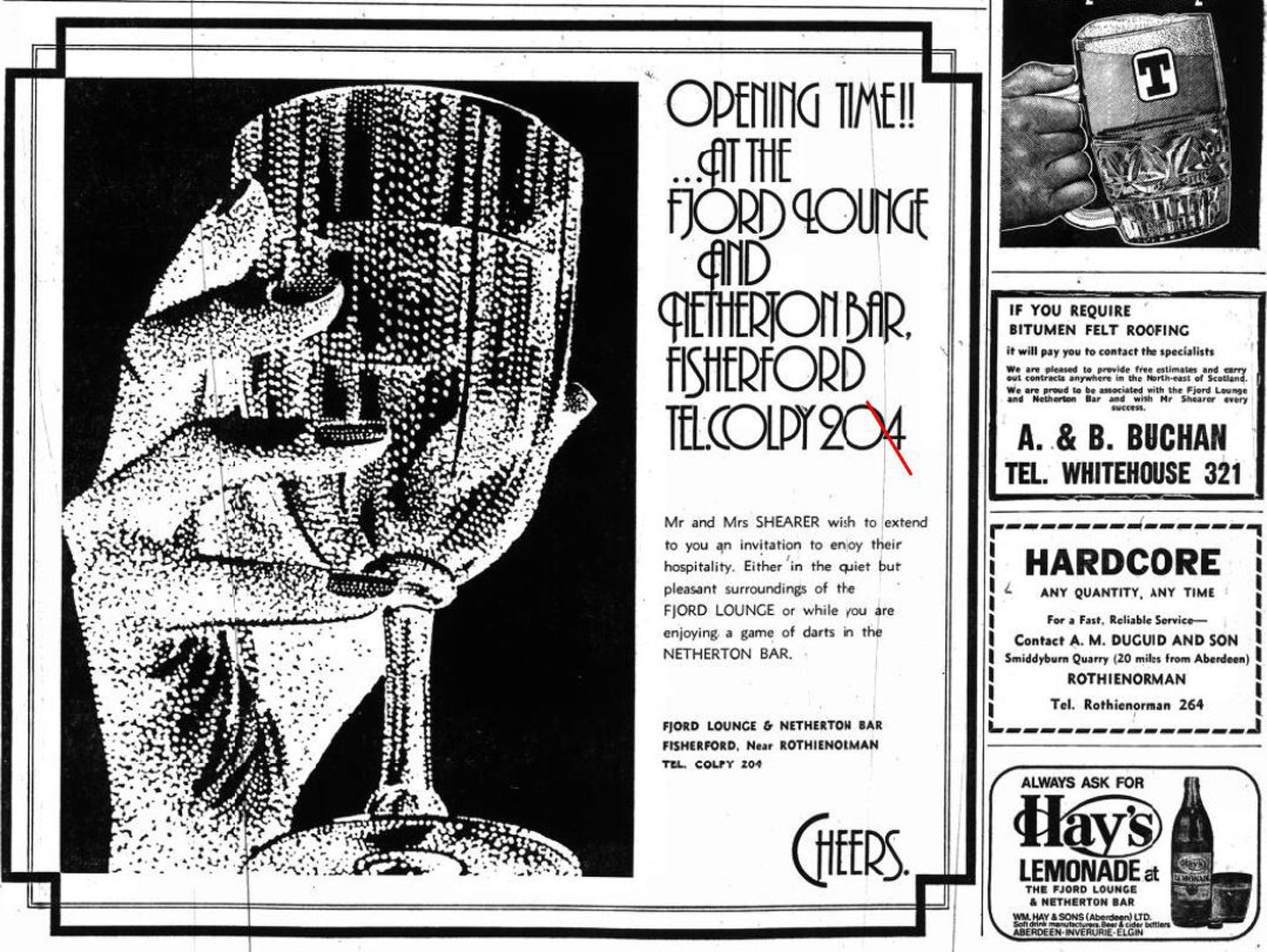
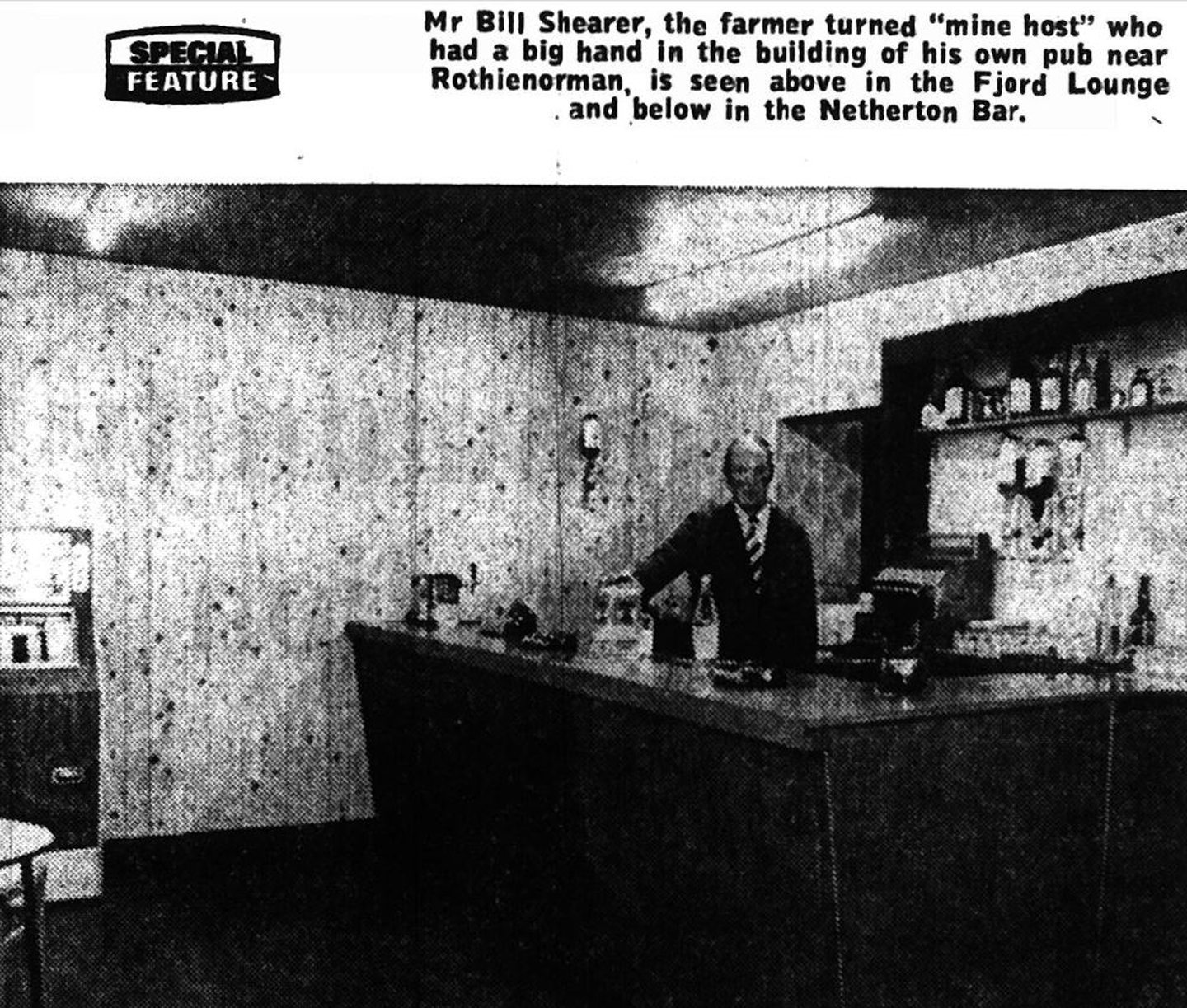

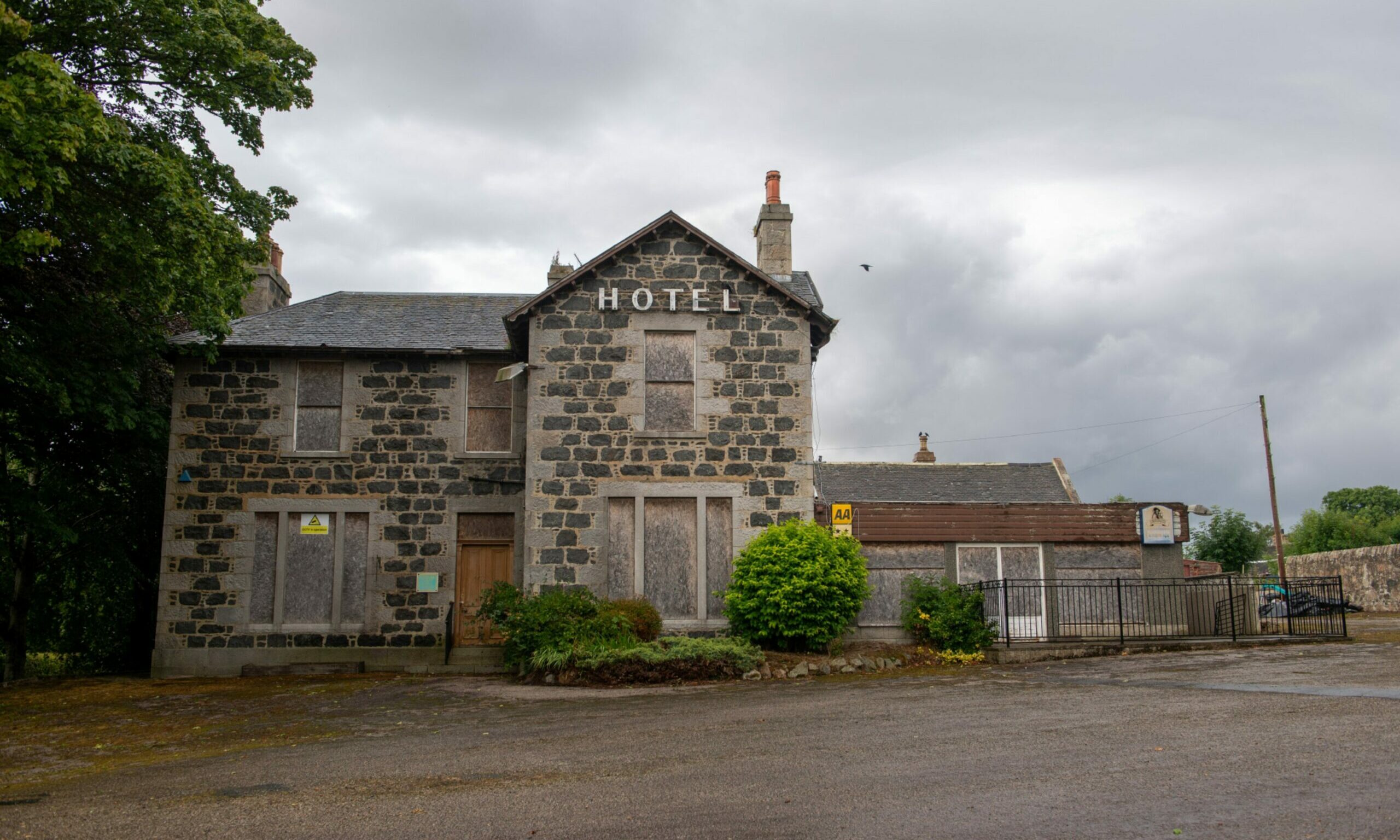
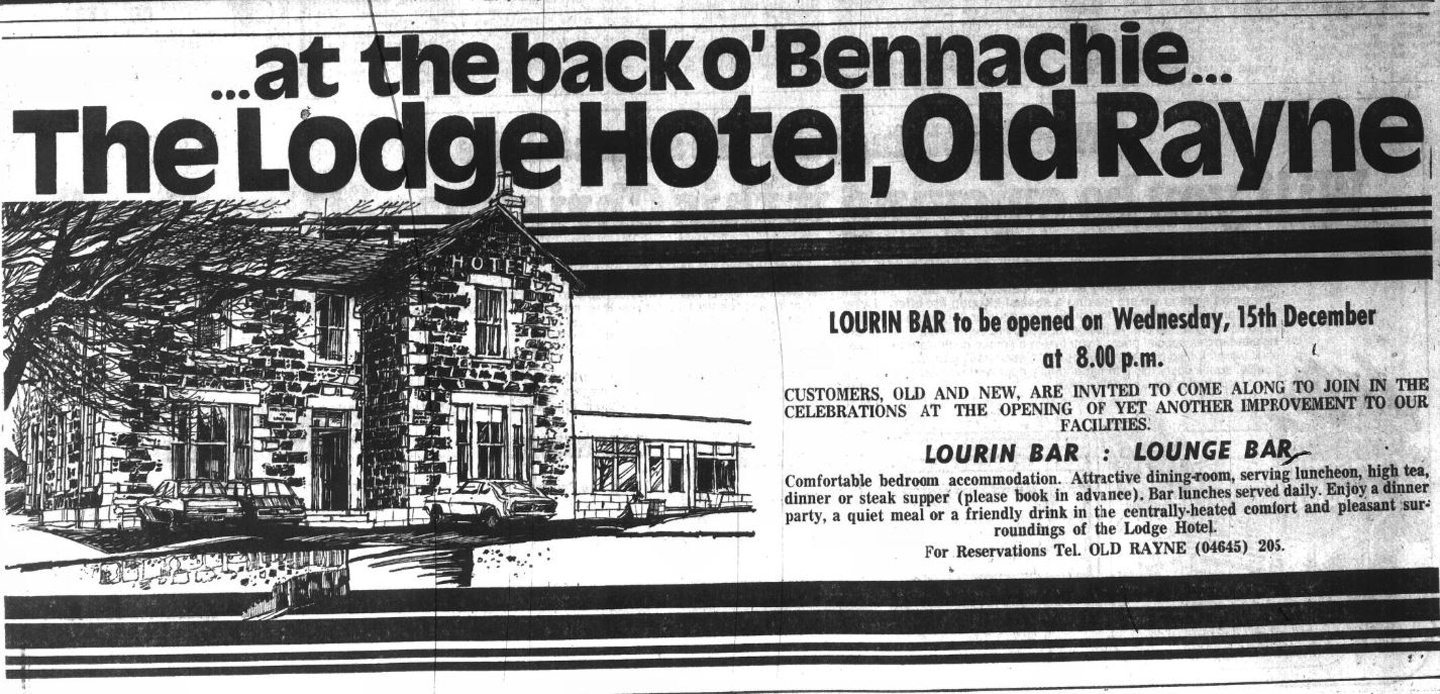
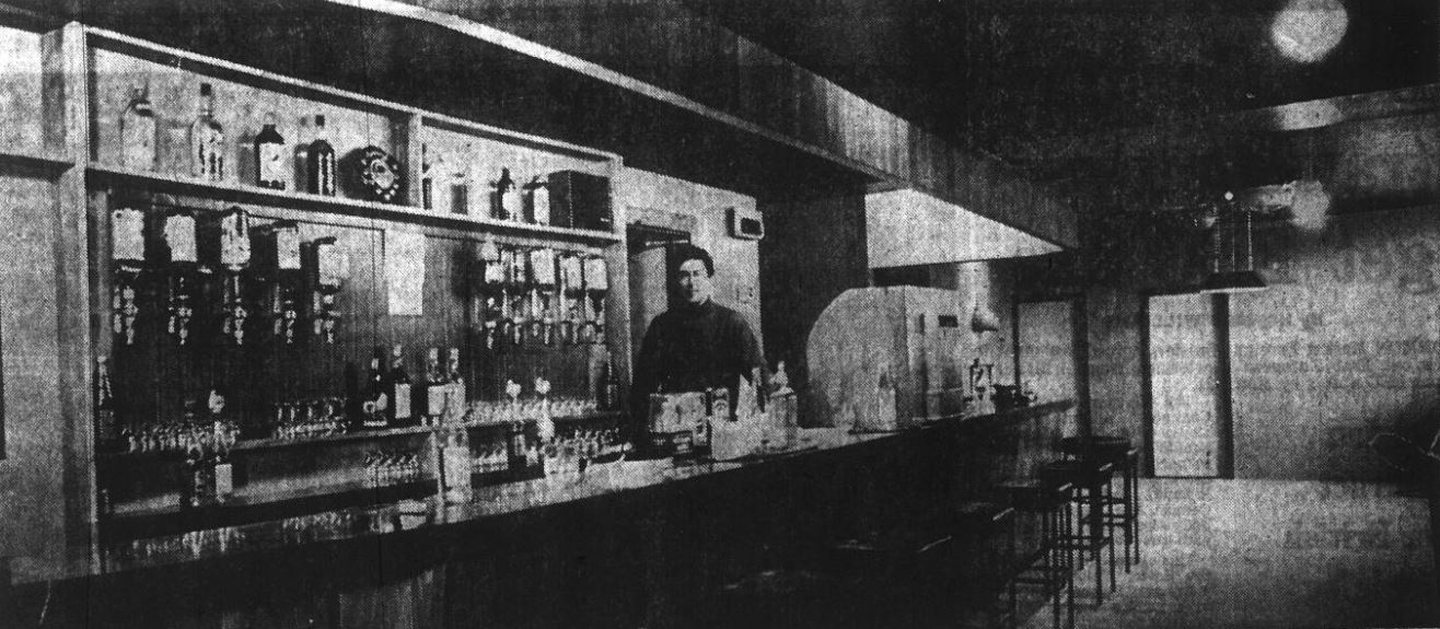
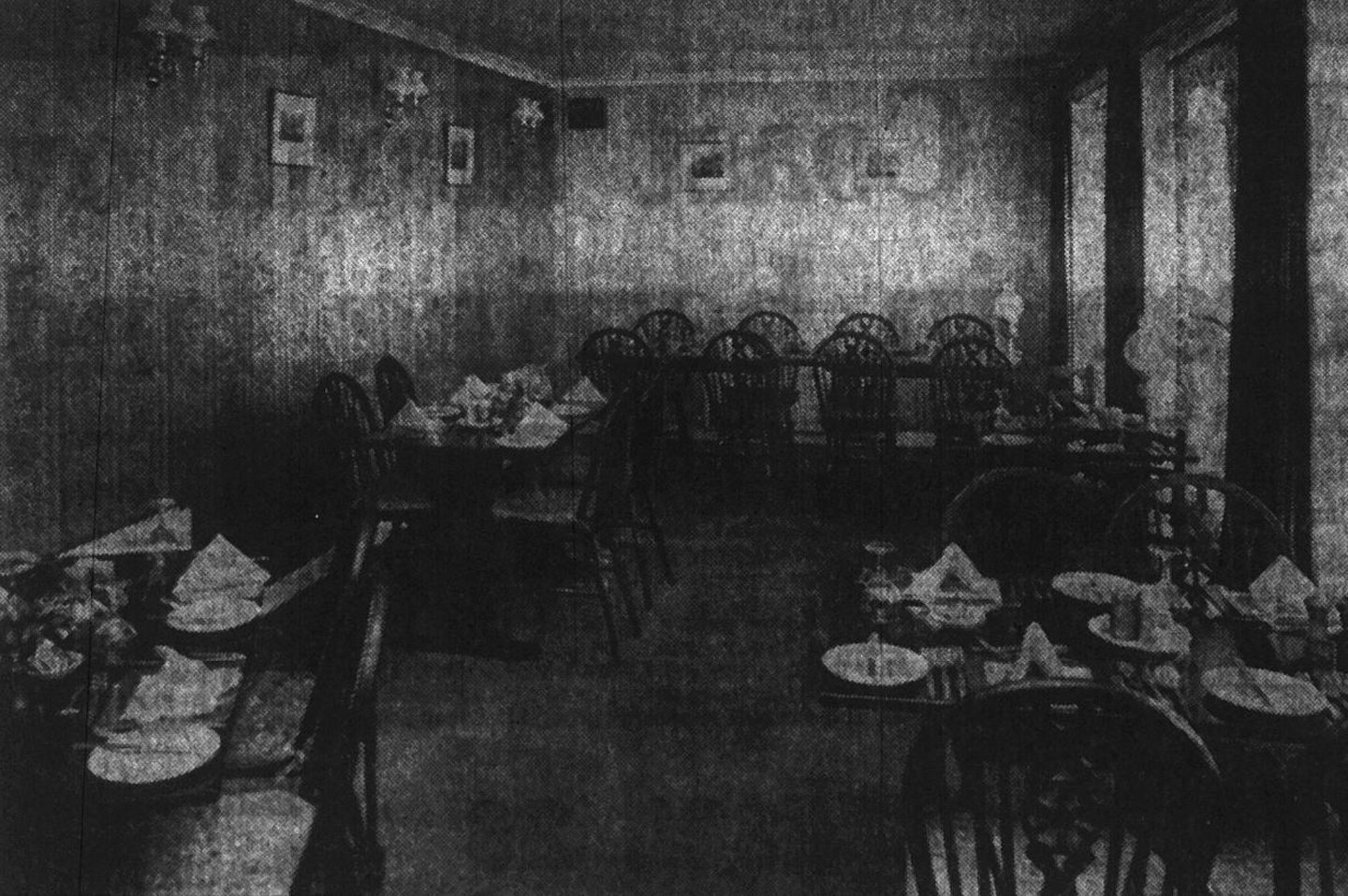
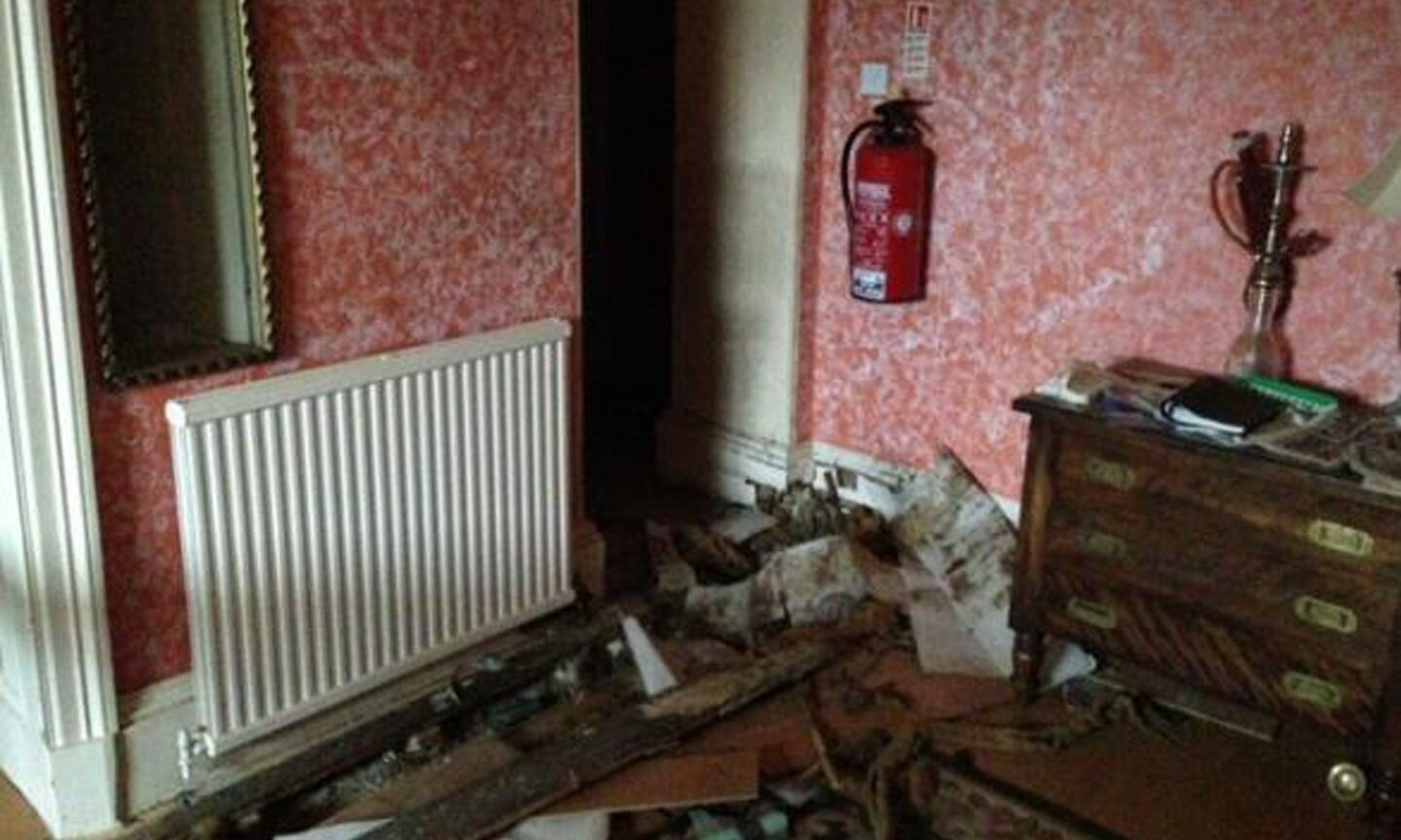

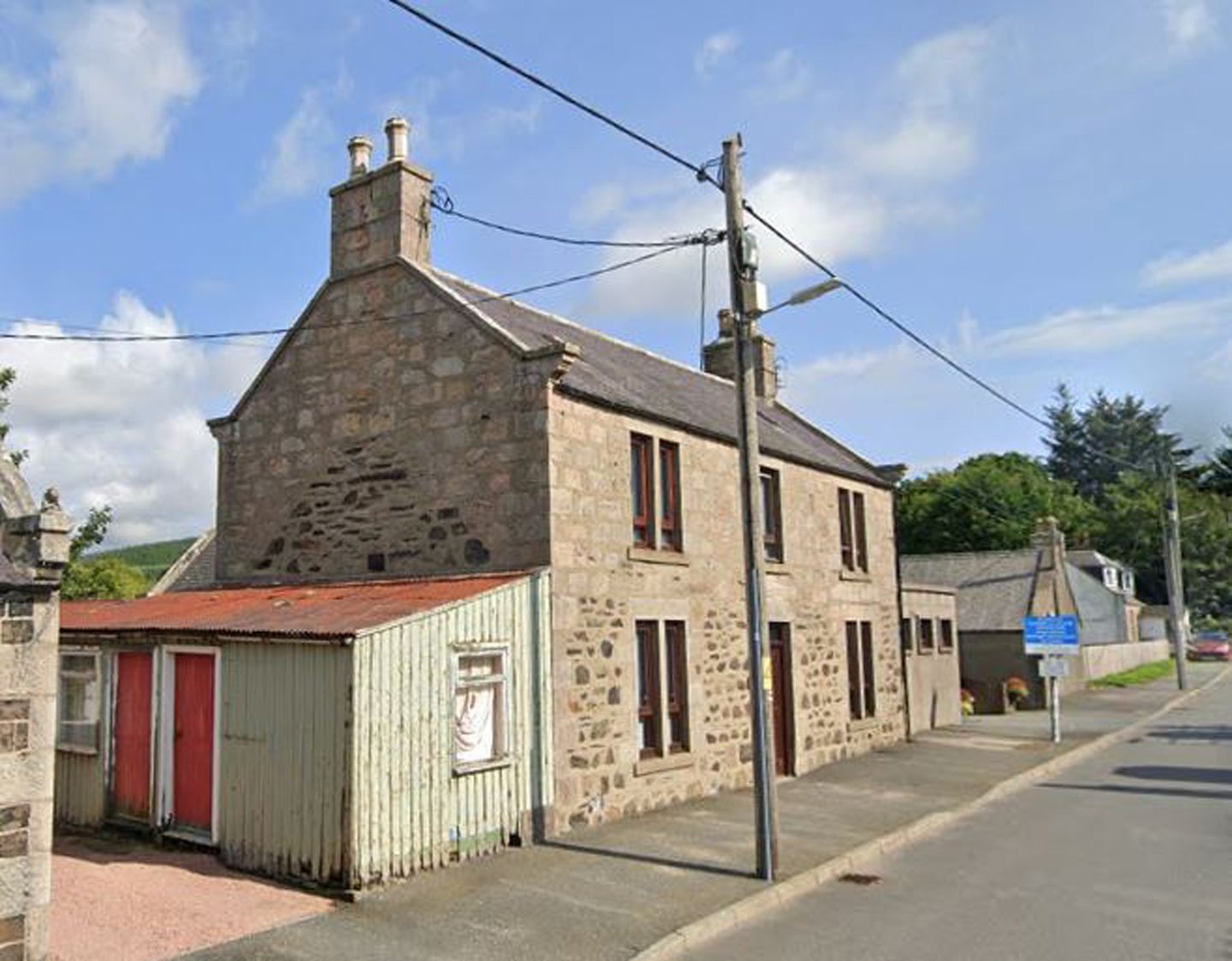
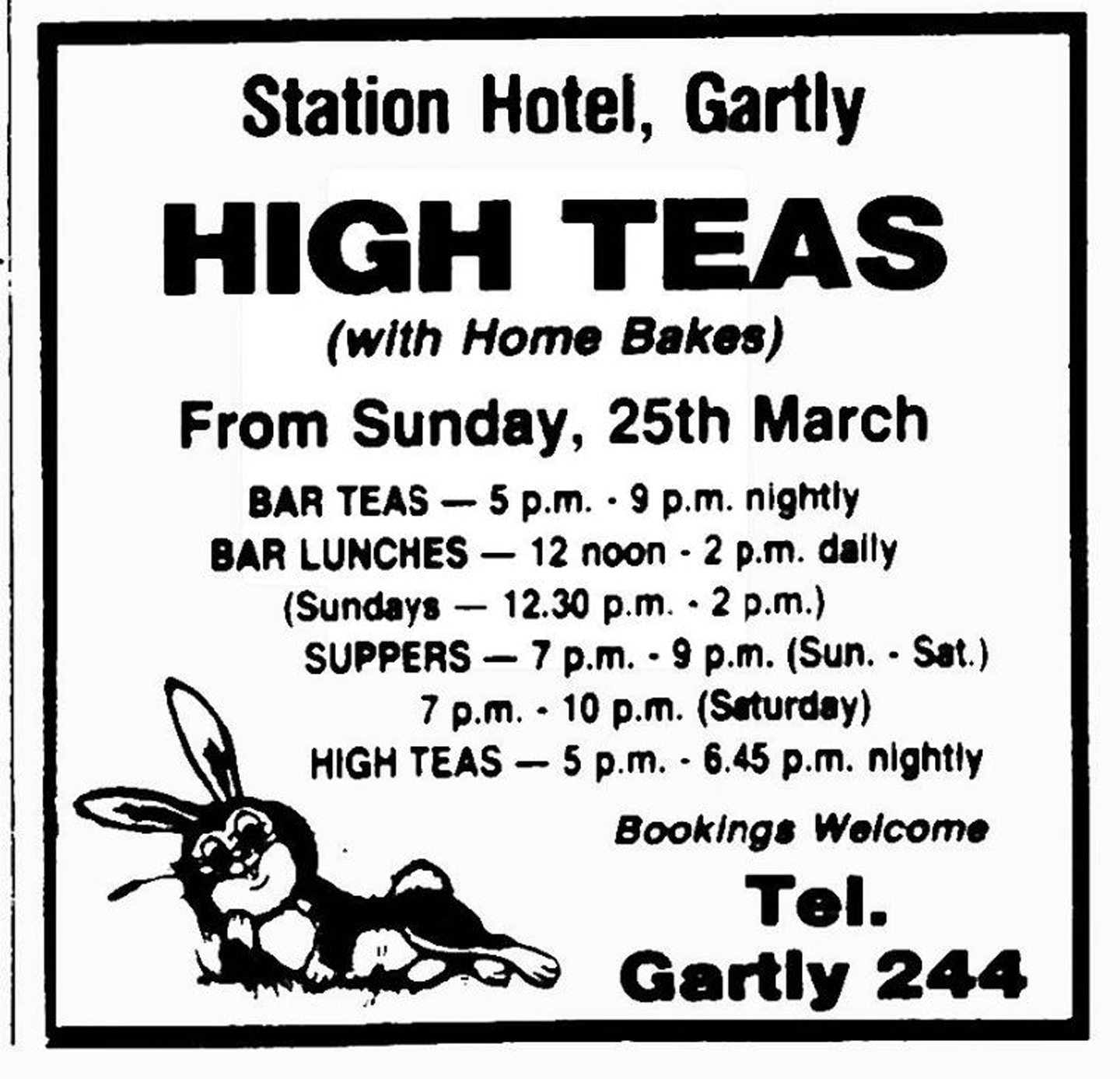

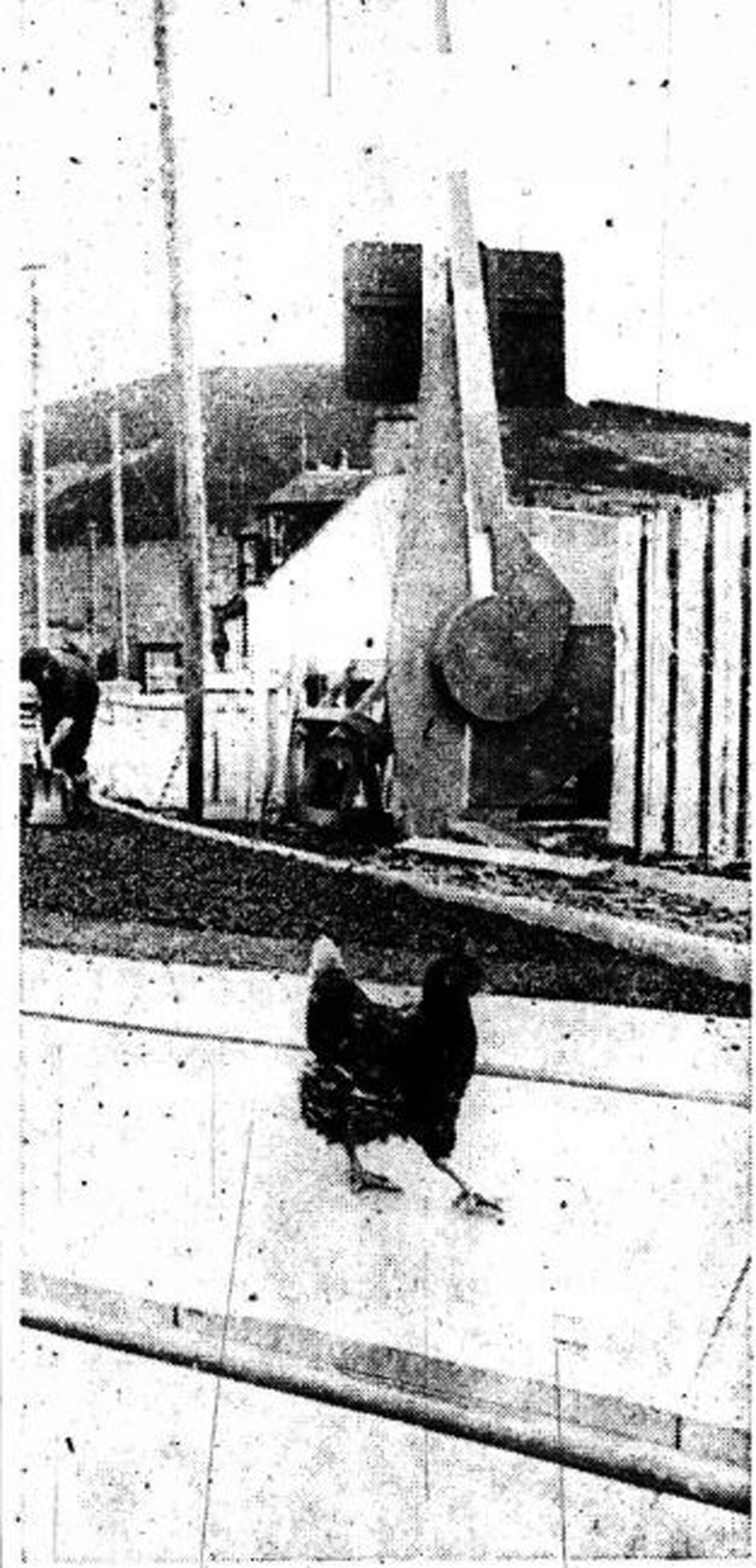
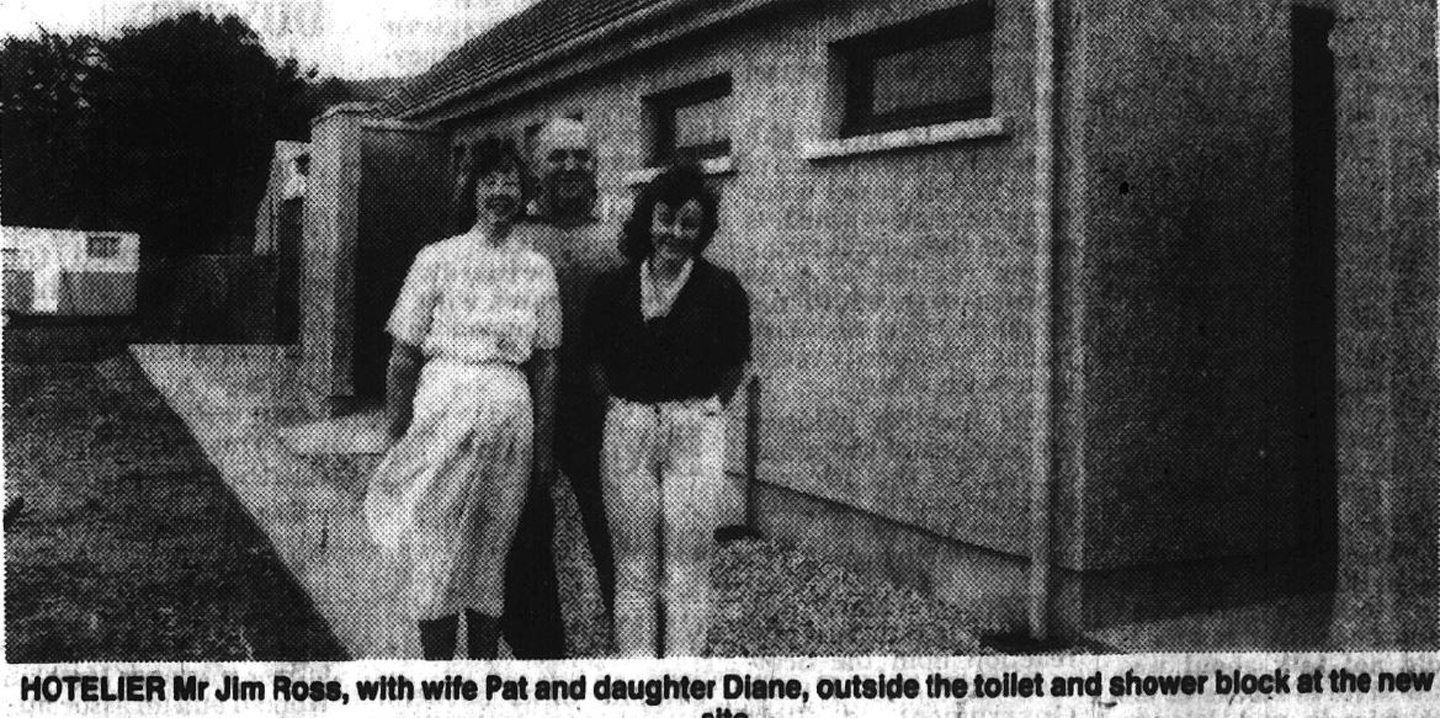
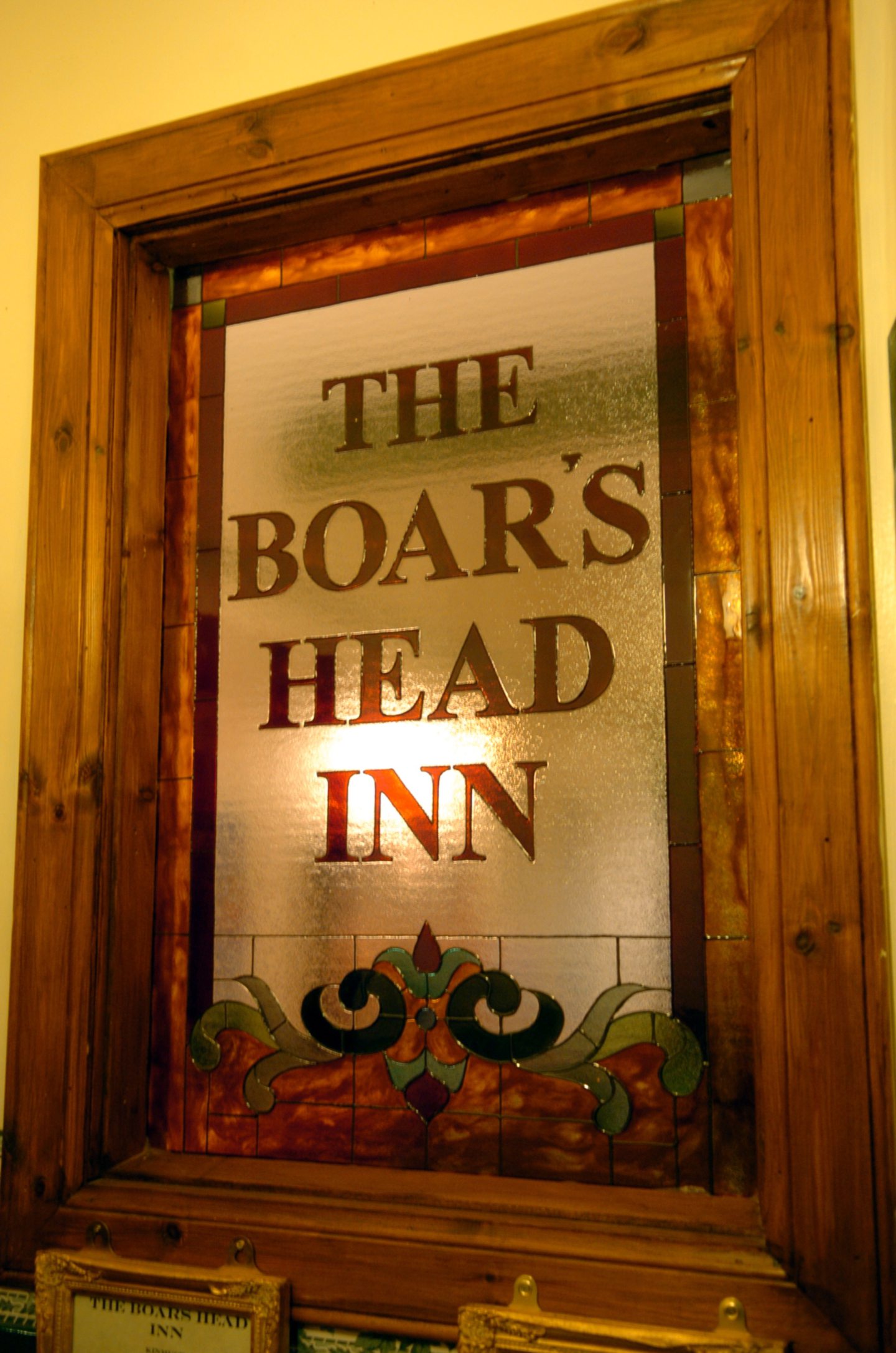
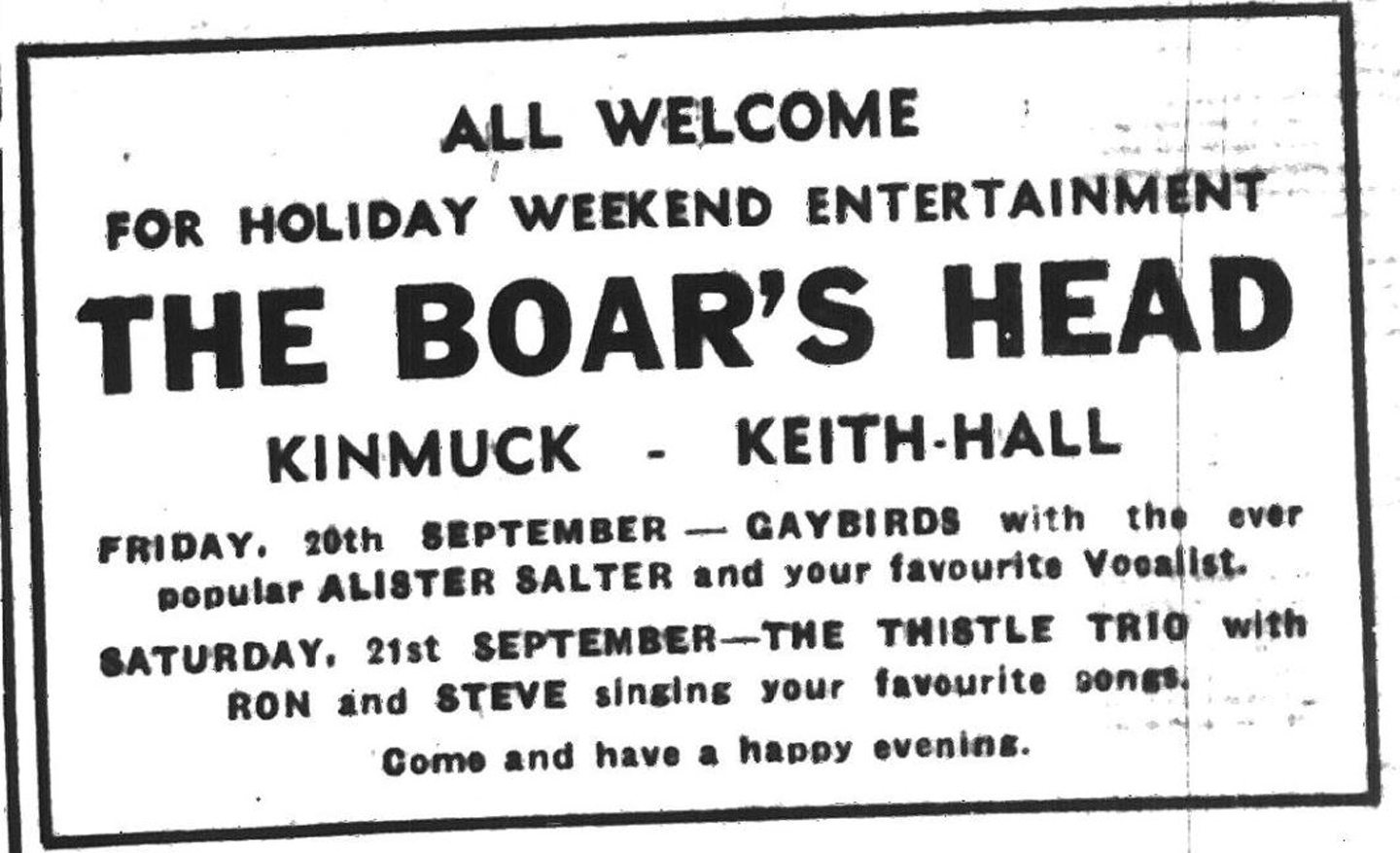
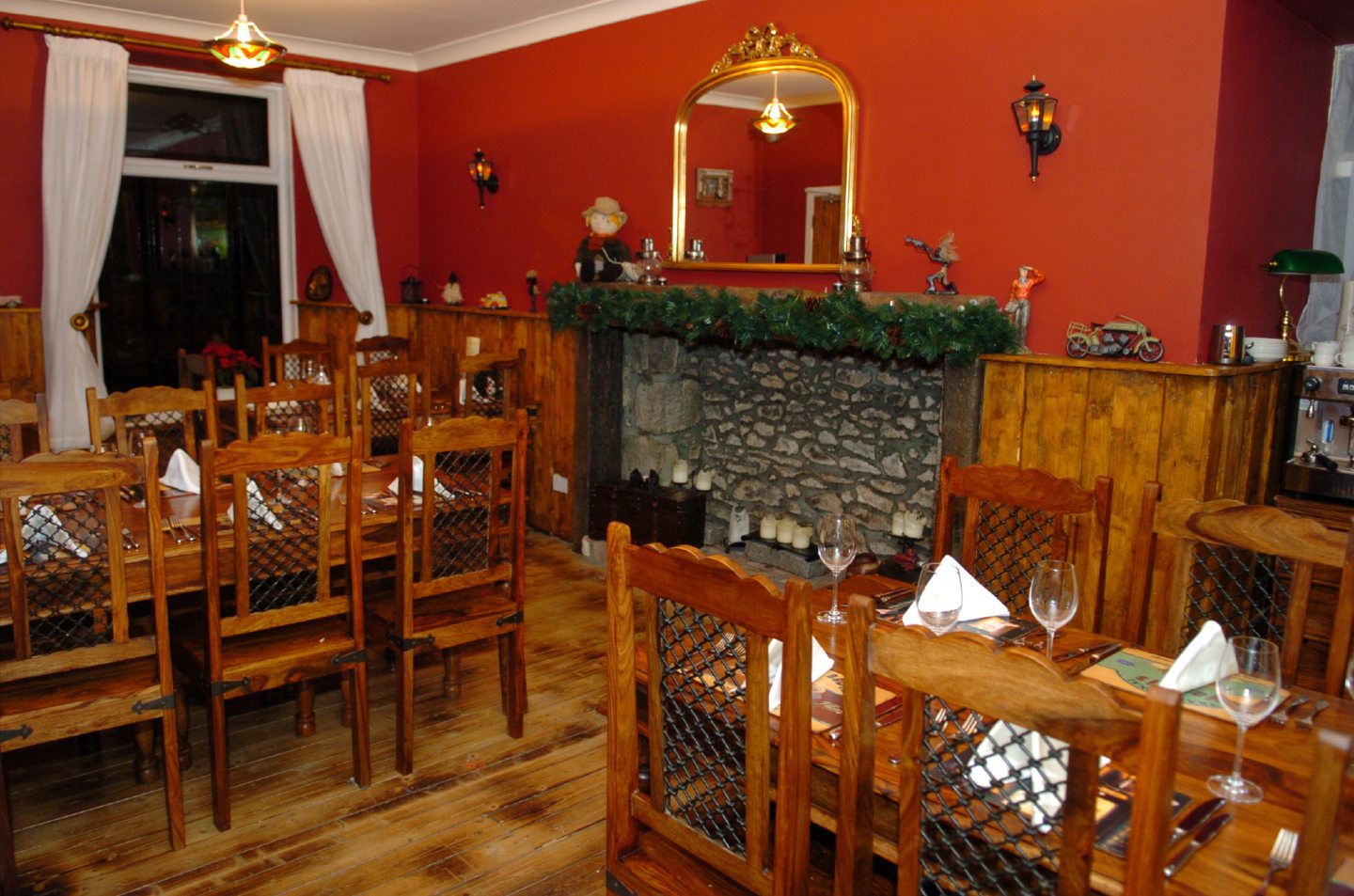
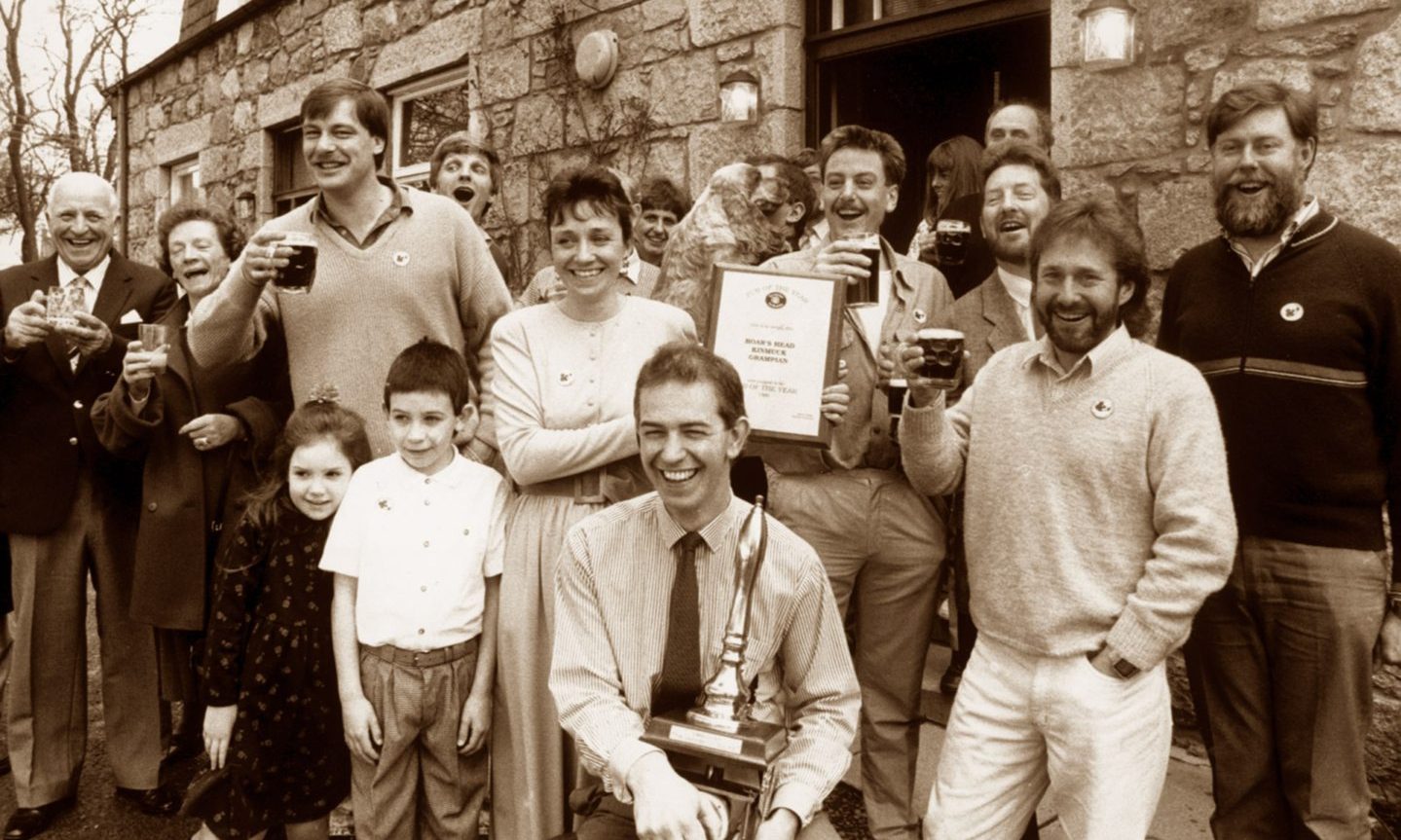

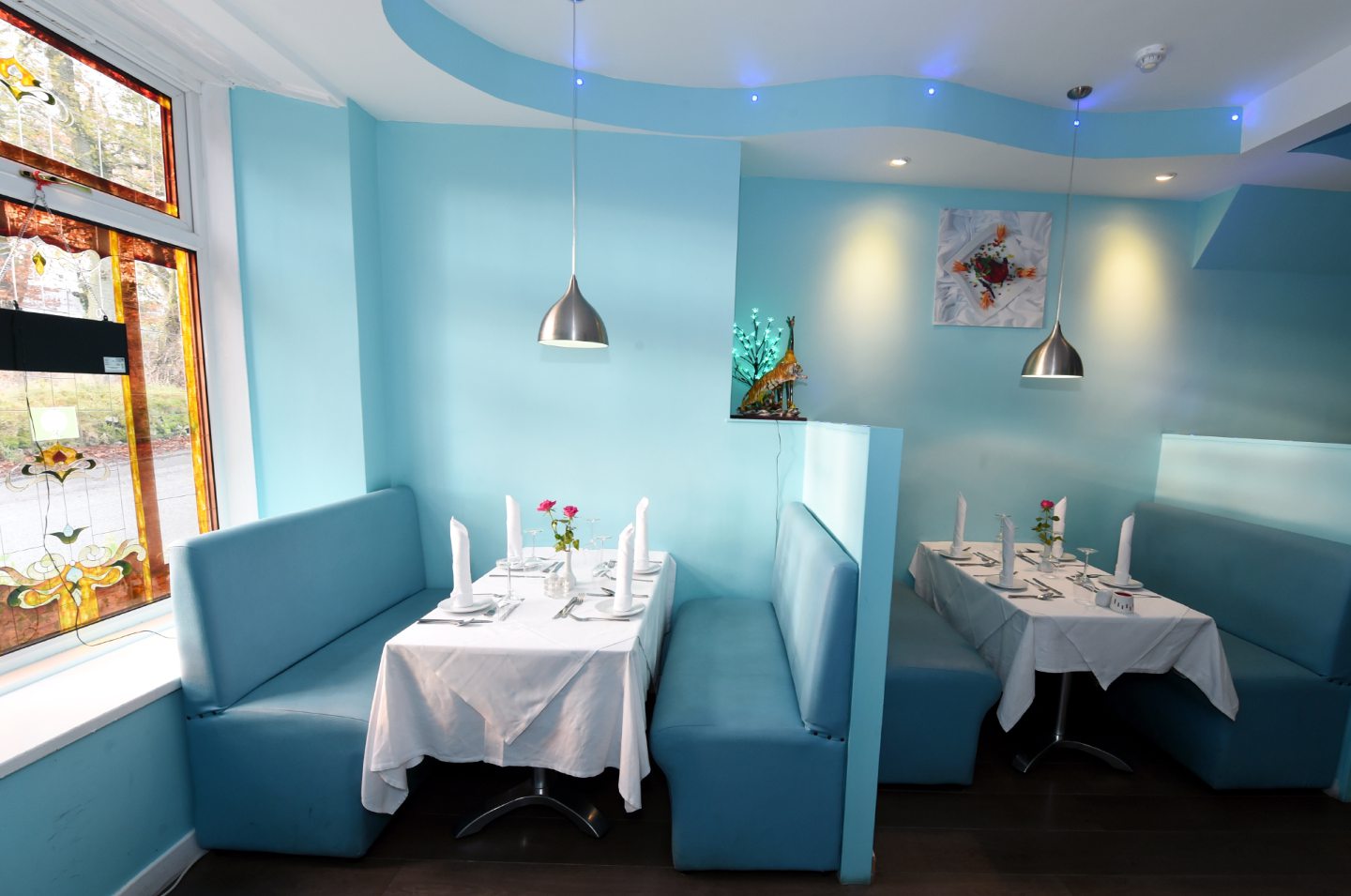
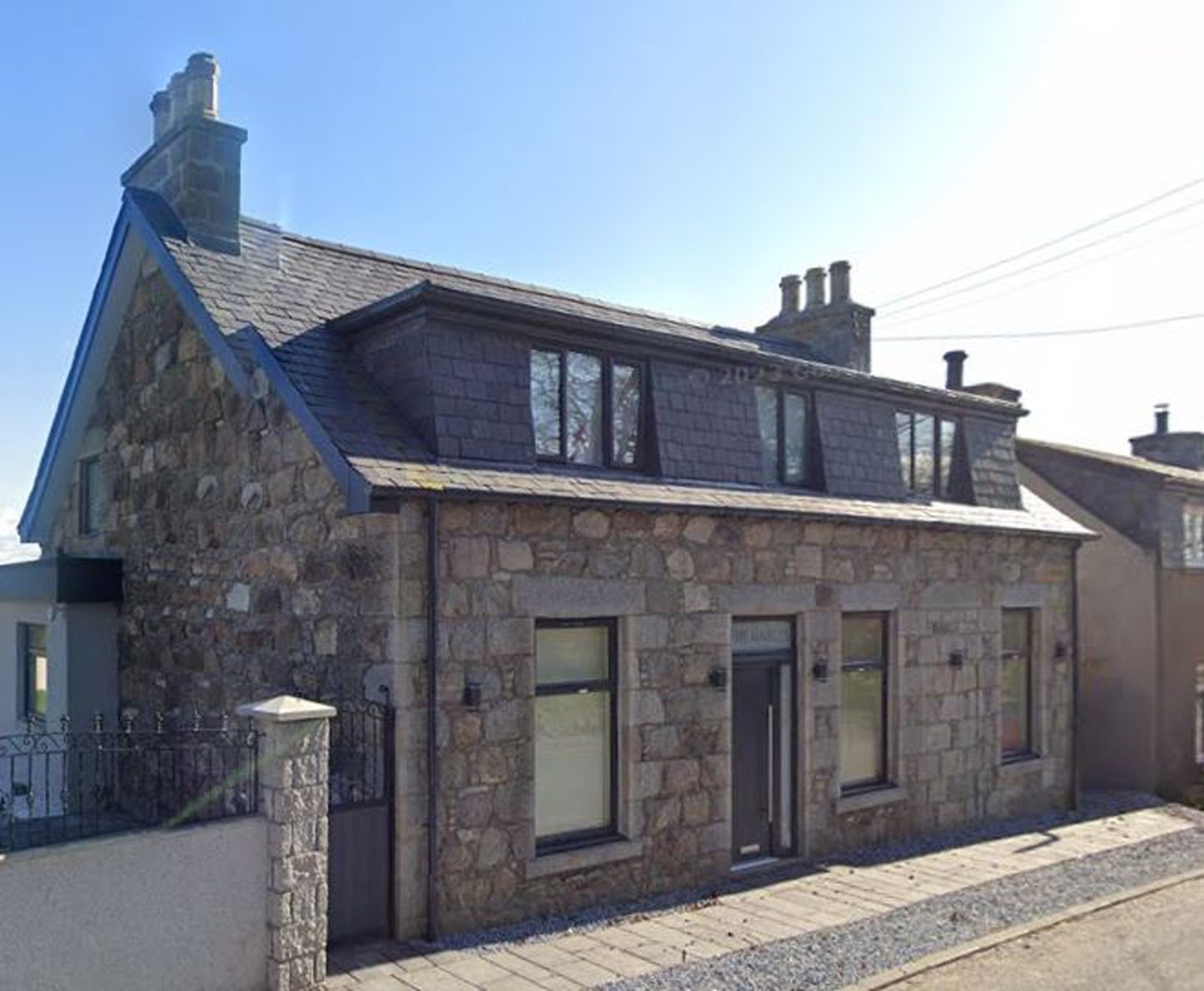
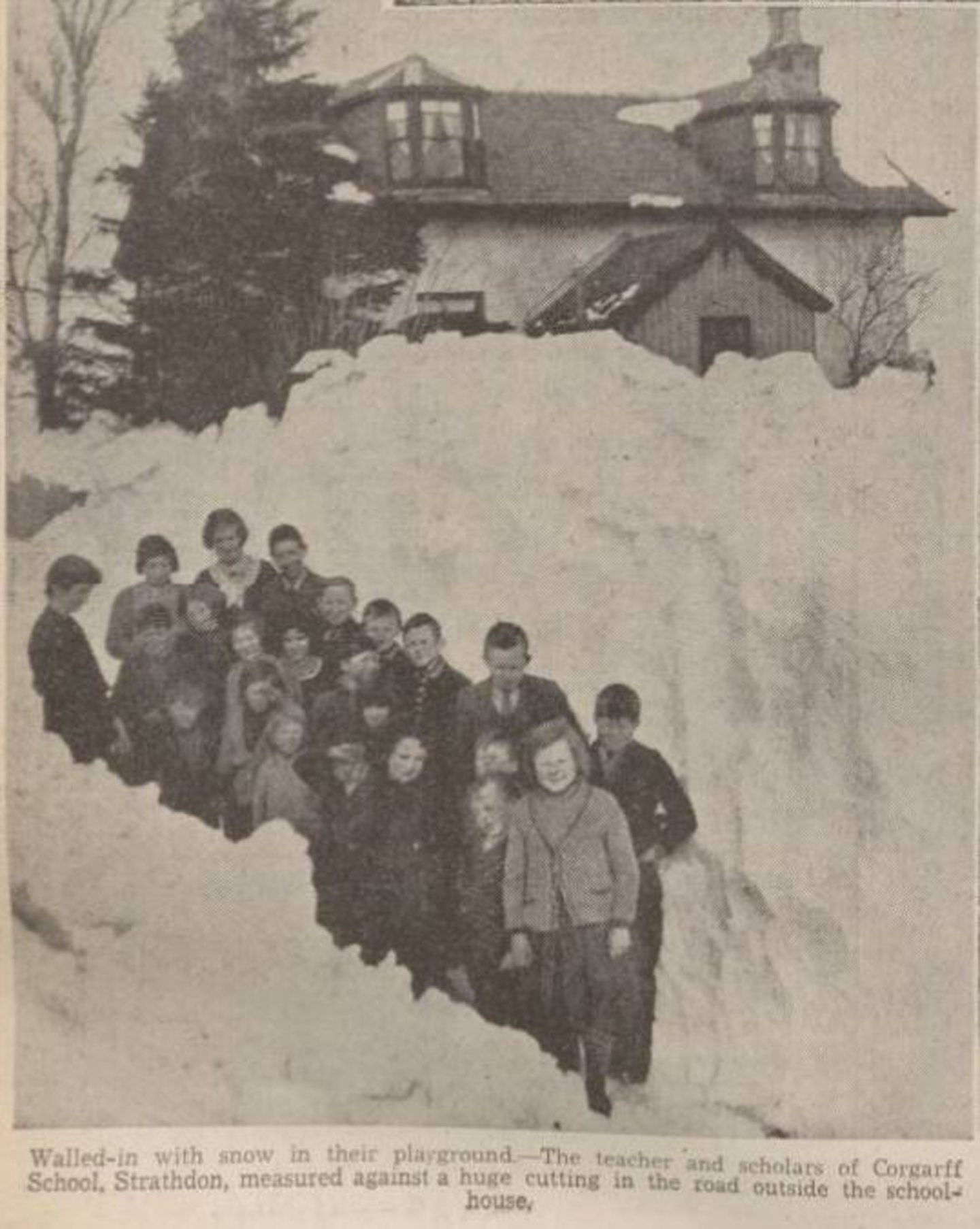
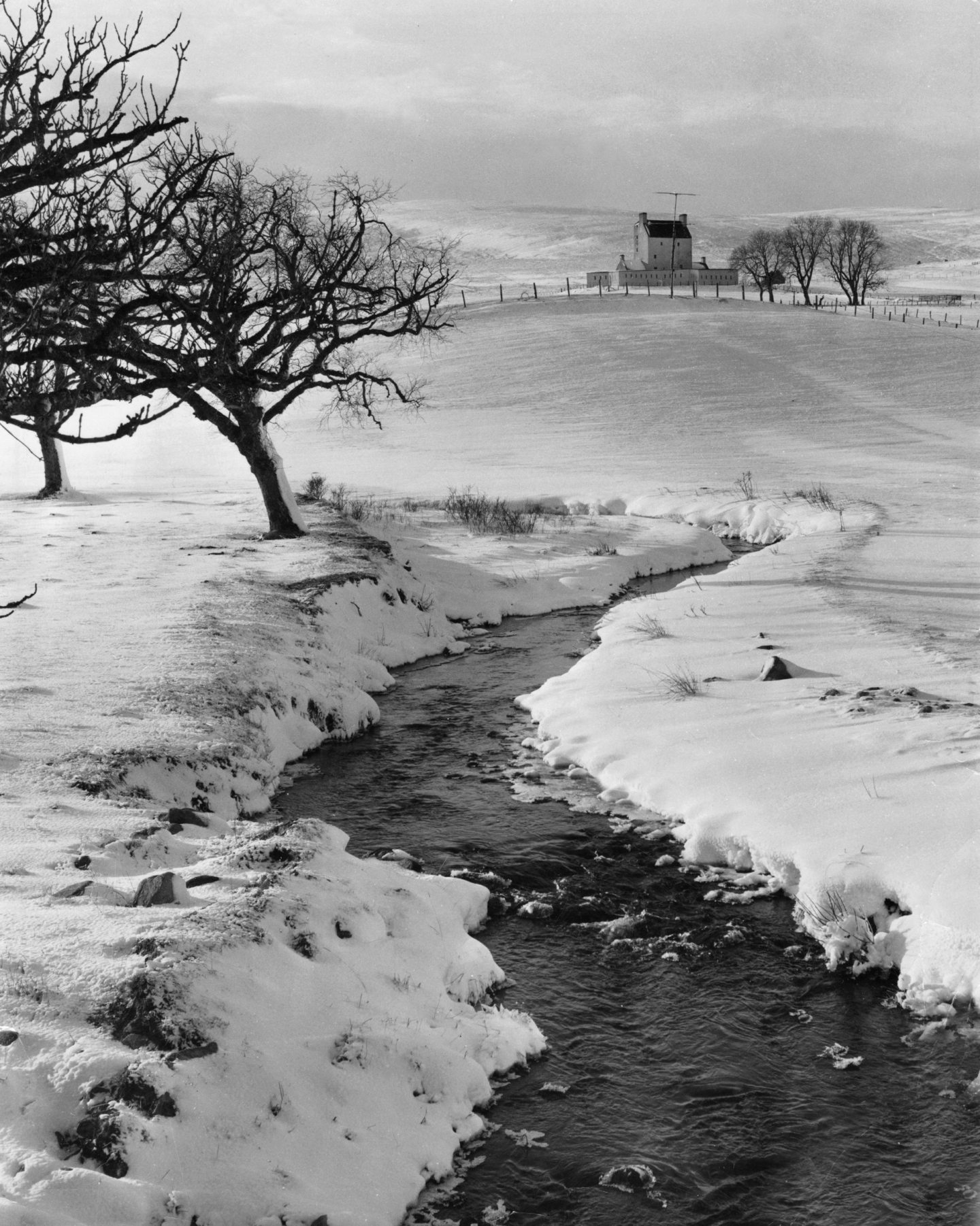

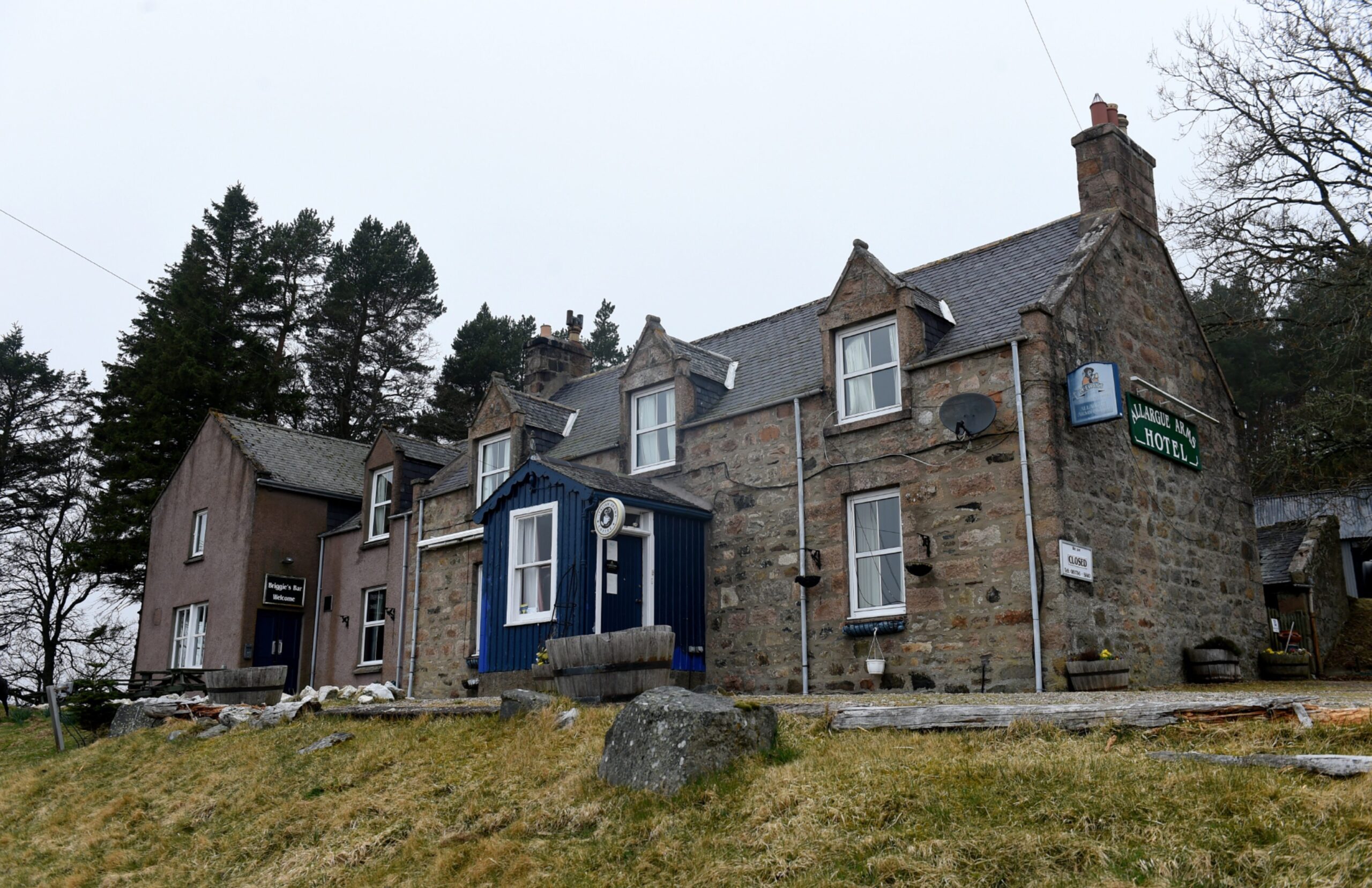
Conversation